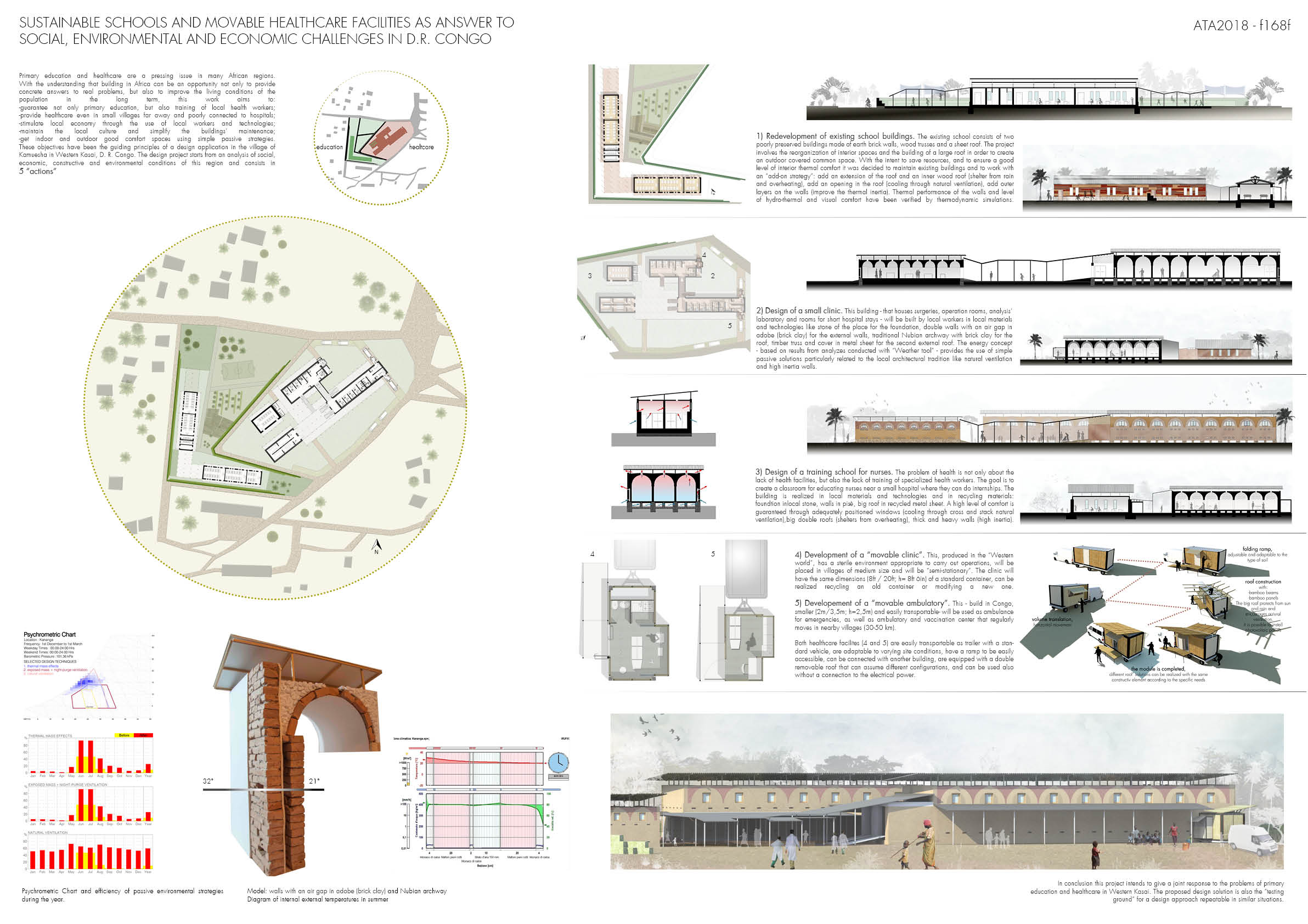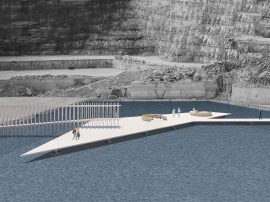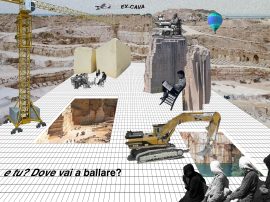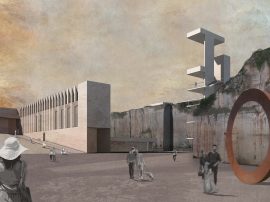In recent years several researches and practical applications – realized by working groups from so called “developed countries” – have addressed building schools and hospitals in “developing countries”, where primary education and healthcare are a pressing issue. On the basis of these experiences a debate, on what is the “right way” to take action, has opened. What is the balance between help and coercion; “low-tech” and “high-tech”, improvement of living conditions and loss of identity; innovation and preservation of local traditions? Does it make sense to build a building that – to be built and/or to be repaired – needs intervention of experts from abroad? Urgent and persistent problems in the fields of education and healtcare in Africa.

With the understanding that building in Africa can be an opportunity to improve the living conditions of the population in the long term, this work aims to achieve the following objectives: - guarantee comfortable spaces for primary education and the training of local health workers; - provide healthcare even in small villages far away and poorly connected to hospitals; - stimulate local economy through the use of local workers and technologies; - maintain the local culture and simplify the buildings’ maintenance; - get indoor and outdoor good comfort spaces using simple passive environmental control strategies. These objectives have been the guiding principles of a design application in the village of Kamuesha in Western Kasai, D. R. Congo.
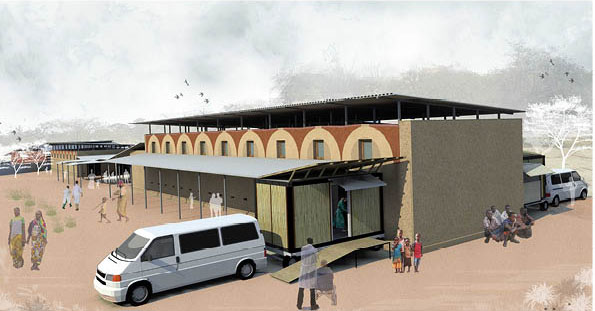
This research aims to contribute to the current debate on "building in Africa" (mentioned in the introduction) and shows that it is possible to create a balance between: A) an appropriate answer to a real problem of a specific local community, enhancing it without imposing the "European project", using a “low- tech” approach and supporting the use of local workers not only in the buildings construction but also in their maintenance (that will happen when the European team will no longer be in Kamuesha); B) a pilot project repeatable in similar situations: “high-tech” mobile clinics achievable in series that provide a level of quality as that of the Western world; C) a “low-tech” movable laboratory constructible in the D. R. Congo, stimulating the local economy. Particular attention was paid to resources saving: with the use of passive strategies - based on local traditions, but verified with thermo-dynamics simulation tools - high comfort level has been achieved. According to the approaches of the International Federation of the Red Cross the proposed project addresses health and social services from three directions: 1) seek to expand the access that people in under-served communities have to primary and public health services, including during emergencies; 2) support improved health care; 3) encourage action on underlying social, behavioral and environmental factors that determine good health.
The Board:
